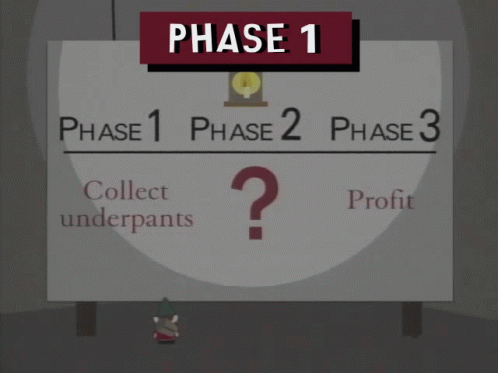More than selling: Creating Value

Business is thought of as a simple practice. Create a product or service, and sell it for more than it costs you to give it. Yes, that's the bottom line. And transactionally speaking, that's how it works.

However, the world is not but a set of near-infinite simultaneously moving parts. What was fashionable yesterday might not be tomorrow. Whoever needed your help or service this morning might not need so tonight.
Our place in this world doesn't matter because of what we do as businessmen, employees, creatives, or entrepreneurs. Our place in this world matters because of how much value we add to others. And you don't need to BE something, in particular, to do so. You need to live in a certain way.
If I'm a door-to-door shoe salesman, my tally at the end of the day will determine how successful I was. Of course, to sell door-to-door, I must go to many homes and knock on their door, hoping they open it and do not treat me like a Jehova's witness. If I'm lucky and a bit sneaky, I will have made a lot of sales at the end of the day. This behavior is what I call transactional salesmanship. It can be beneficial many times, and I'm by no means saying it is not a good component of a successful business.
There's another more important type of behavior in business development, and I see that as the practice of sustainable salesmanship.
Selling is more than a pitch; it's the compound effect of many previous actions, sometimes going years or decades into the past. Selling is more about receiving back what we have offered as help or the value we have added in the past.
For a potential client, that value could have been through a connection you made happen, an insightful report you shared, or some volunteering work you did in the community. More importantly, it's things you did without expecting anything in return.
A transactional salesperson might be skillful and diligent; they might have reminders all over the place to follow up and is on top of a lead until he gets rejected. Even then, they may follow up with another proposal. Sometimes, the deal will be closed.
A sustainable salesperson will have met whoever they are selling to much earlier than their first sales interaction, or, at the very least, the buyer will have known of them beforehand. When and if a deal is closed, a sustainable salesperson will have already provided value. And once the product or service is delivered, they make damn sure that the client will get as much value as possible from it.
Sustainable salesmanship is about creating a win-win situation for you and your customers. Don't just sell a product or service - sell a solution that solves a problem and adds value to your customers. The measure of success is not just in your sales but in the value added to the lives and businesses of those you serve.





Comments ()